When Wendy Gordon’s driving licence was revoked in 2017 due to her poor eyesight, she was devastated.
It marked a loss of independence for the busy grandmother from Perth, whose vision had been slowly deteriorating for several years.
But what she feared losing more was her job working with homeless young people.
As a senior social care officer for Perth and Kinross Council, the 60-year-old has been helping rehome vulnerable youths for 18 years.
‘My job is my passion’
She works at Wellbank House – a supported accommodation unit which houses 10 people between the ages of 16 and 24.
She supports them to learn independent living skills and move into their own accommodation.
“I love my job – it’s my passion,” she says.
“It is one of the things I have worried about losing due to my vision.”
Wendy suffers from retinitis pigmentosa, an incurable hereditary condition which causes the withdrawal of her peripheral vision.
It means Wendy, who uses a white cane, can’t see anything other than what is right in front of her.
Although it is progressively getting worse, she says she feels hopeful about the future since being offered support from sight loss charity VisionPK.
The charity stepped in to ensure Wellbank House remained accessible and safe for her to continue working.
Homeless young people in Perth face stigma
There are a lot of “common misconceptions” about the people she helps.
Particularly that they have become homeless because of violence or drug and alcohol addictions.
“These aren’t people who are sitting outside the shops begging for money.
“These are vulnerable young people who have become homeless for numerous different reasons.
“A lot of them have autism and ADHD and their parents just can’t cope with certain behaviours.
“Or they’ve been in the care system their whole life, turn 16, and have nowhere else to turn.
“I can tell you that a lot of the young people we see don’t even know what drugs are.”
Wendy says this is a stigma she and her colleagues often face as well.
“People do immediately think Wellbank House is a hostel or somewhere for nasty people,” she says.
“We have had police officers come in – because we do still have trouble, occasionally – but we will quite often have police officers come in and say, ‘Oh this is amazing, this isn’t what I thought it was’.
“It’s a home, it’s lovely, it’s got pictures up on the walls and each individual has their own en-suite room and share a communal kitchen.”
How VisionPK helped to make Wellbank accessible
Many of the young people have kept in touch.
“We have young people who will come back to us who now have children of their own and they say, ‘If it hadn’t of been for Wellbank, I wouldn’t be where I am now’.
“It is just an amazing reward.
“It is like having one big massive extended family.”
In order to help Wendy continue working safely despite her sight issues, VisionPK made a variety of recommendations at Wellbank House.
This included small changes such as brighter lighting in all the communal areas and fluorescent strips around kitchen stools.
She also recently chose to switch from working a variety of early, late and night shifts to night shifts alone.
“This means that the building is less busy and I can manage my shift alone and know exactly where everything is.
“Any chair or tables that have been moved they will put back in place before I come on, so that it is ready for me.
“I scan a room before I enter it so I know where everything is.
“The support has just been amazing.”
‘They support me too’
The lighting changes didn’t go unnoticed by Wellbank’s young residents.
Wendy laughs: “There was one night where the lights were being changed out and one of the young people started effing and blinding.
“They shouted, ‘What’s happening with the f***ing lights!?’
“I explained my eyesight issues to them and their attitude totally changed.
“Suddenly they were saying, ‘I’m really sorry,’ and, ‘Oh actually, I really love the new lights!’
“In their own way, albeit I am supporting them, they support me too”.
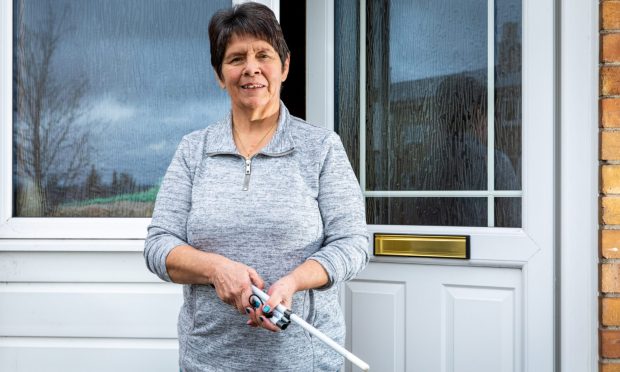
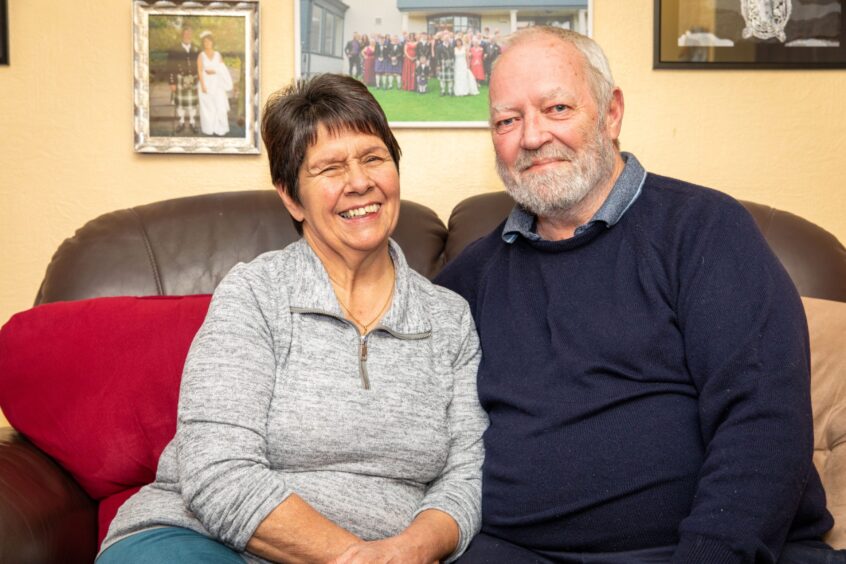
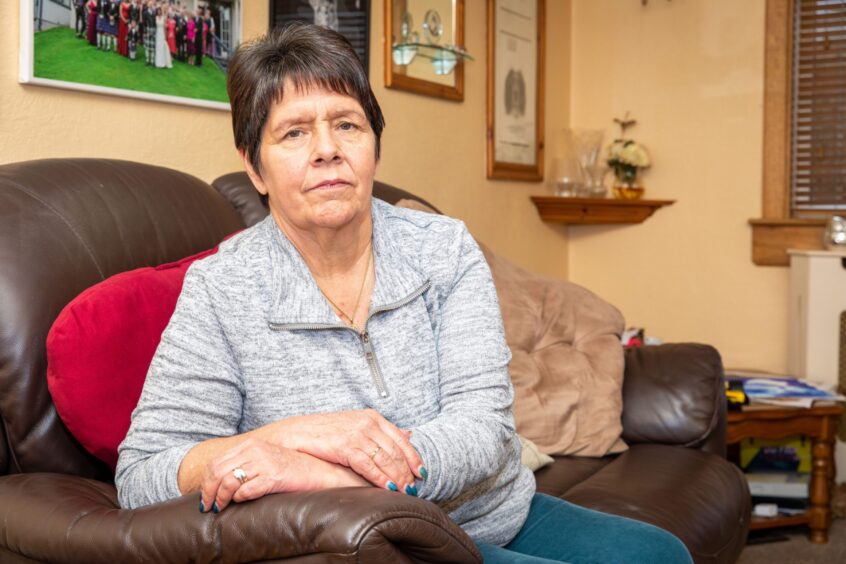
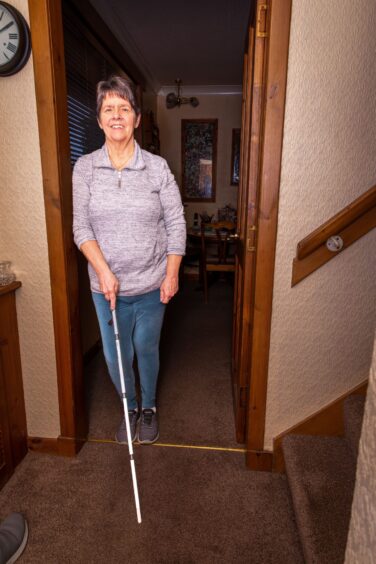
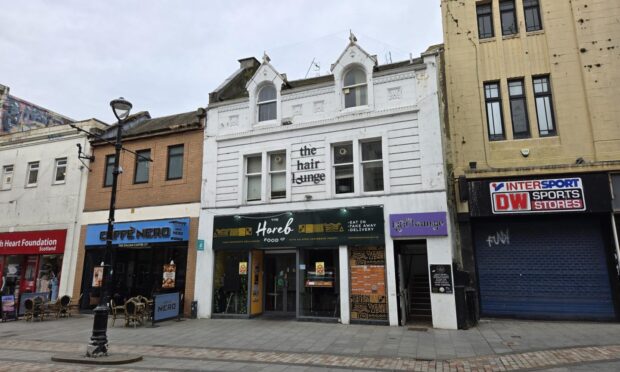
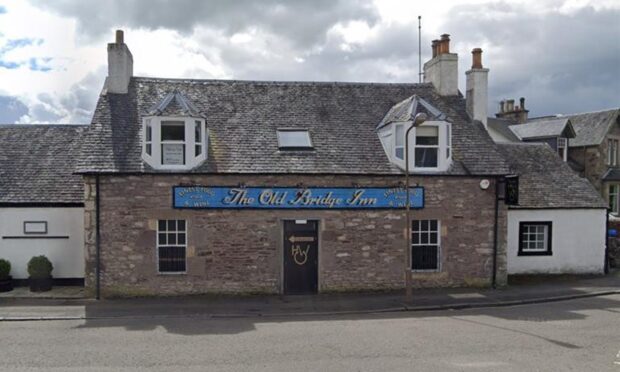
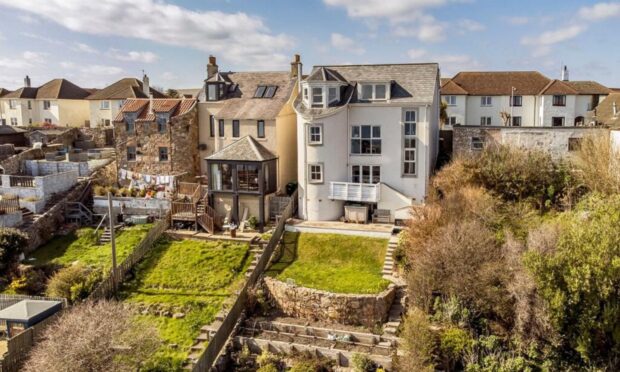

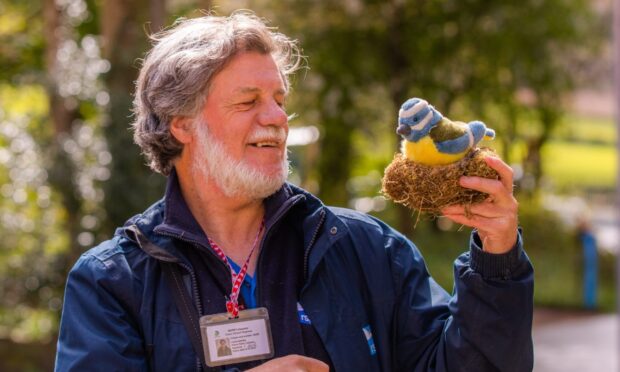
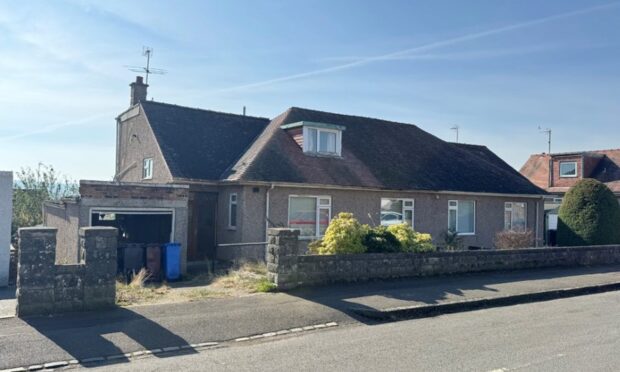
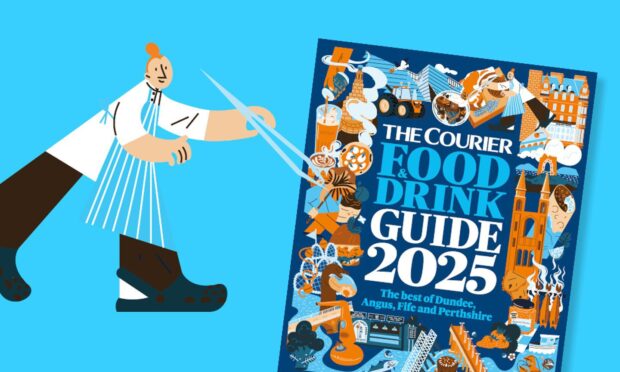

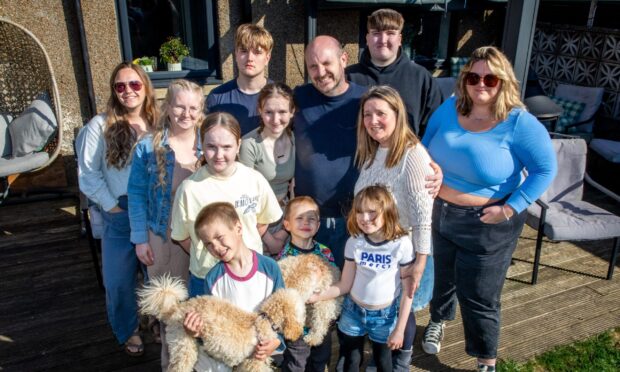
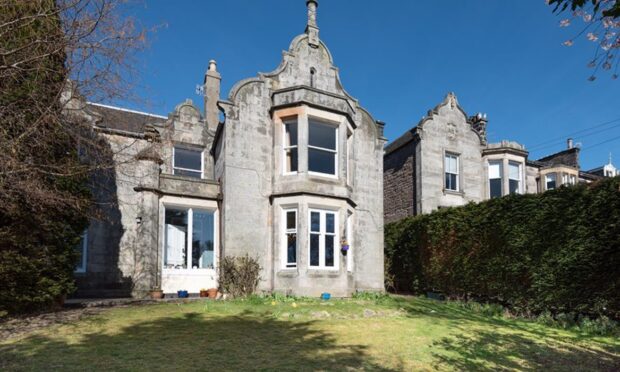
Conversation